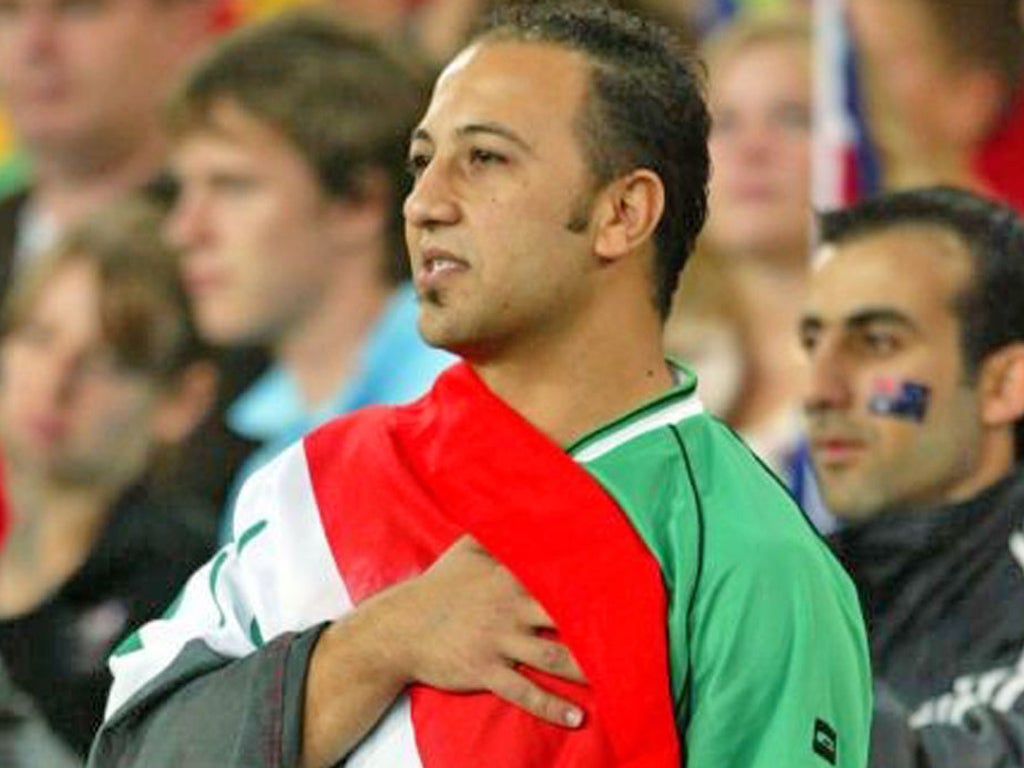Iraq's new anthem is a multilingual proposition

Your support helps us to tell the story
From reproductive rights to climate change to Big Tech, The Independent is on the ground when the story is developing. Whether it's investigating the financials of Elon Musk's pro-Trump PAC or producing our latest documentary, 'The A Word', which shines a light on the American women fighting for reproductive rights, we know how important it is to parse out the facts from the messaging.
At such a critical moment in US history, we need reporters on the ground. Your donation allows us to keep sending journalists to speak to both sides of the story.
The Independent is trusted by Americans across the entire political spectrum. And unlike many other quality news outlets, we choose not to lock Americans out of our reporting and analysis with paywalls. We believe quality journalism should be available to everyone, paid for by those who can afford it.
Your support makes all the difference.It has taken eight fractious years but come December it looks as though Iraq will finally get a new national anthem – and it's set to be multilingual.
Until now the country has limped along with "Mawtini" ("My homeland"), the anthem chosen for it by the American administration back in 2004. Now after years of wrangling between ethnic groups as to what language it should to be sung in, a solution has been reached. The anthem proper will be in Arabic and then, at the finish, a chant of "long live Iraq" will be given in Turkmen, Kurdish and, quite probably, Assyrian too.
An unusual arrangement, because although several nations adopt an either/or policy when it comes to the language of their anthem (see Canada: English or French; Belgium: French, Dutch, Walloon or German), few manage to have one song encompassing several different tongues. There are a brave few, however. The Republic of Suriname, wedged between French Guiana and Guyana, has a two-verse anthem: the first stanza in colonial Dutch and the second in Sranan Tongo.
Though the real tongue-twister comes for the sportsmen of South Africa. They are required to sing an anthem that traverses the lingual terrains of Zulu, Sesotho, Afrikaans, English and Xhosa.
Join our commenting forum
Join thought-provoking conversations, follow other Independent readers and see their replies
Comments